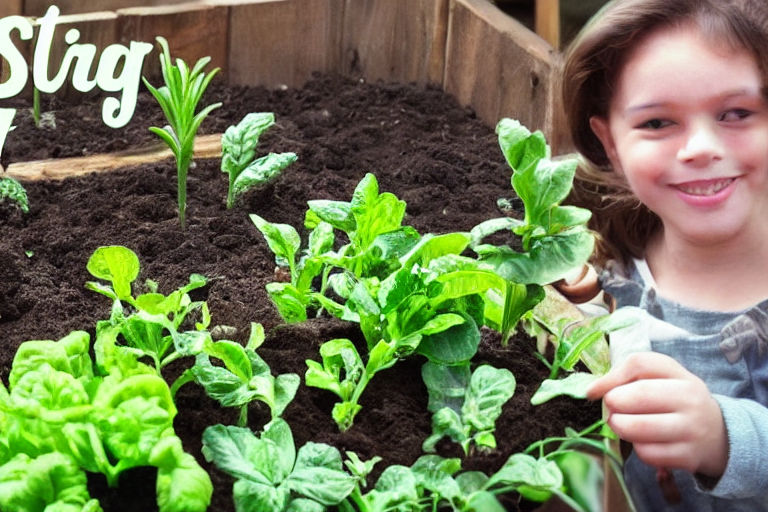Growing Your Own Food: Tips and Tricks for Starting A Garden
With increasing concerns about the sustainability of our planet, many people are turning towards growing their food. Apart from offering immense satisfaction of eating homegrown produce, growing your food also helps reduce carbon footprint and save a significant amount of money in the long run. However, starting a garden can be challenging for beginners, and there are several things to consider to ensure a successful yield.
Soil Preparation
A healthy garden begins with healthy soil. The soil should be rich in nutrients and should have excellent drainage. Determine the type of soil you have in your garden and amend it to improve nutrient levels if required. Compost, manure, and organic matter like leaves or straw can work wonders to improve soil quality. Additionally, testing your soil regularly can help to prevent nutrient deficiencies or toxicities, ensuring optimal growth.
Choosing Appropriate Plants
Selecting the right plants is critical for a successful garden. Consider the climate, season, and amount of available sunlight. Additionally, consider the space requirements of each plant and how they complement each other. This approach is known as companion planting and can help to deter pests, improve pollination, and increase growth.
Proper Watering
Watering is essential for plant growth, but it's essential to get the right amount and frequency. Overwatering can lead to root rot, whilst underwatering can hinder growth, and eventually, plants will wither away. It's necessary to water the plants deeply, especially during the hotter months to prevent water loss, and to water in the early mornings so that the leaves have enough time to dry before dusk. If you have a larger garden, consider installing an irrigation system to save time and to ensure that all plants receive the same amount of water.
Pest Control
Pest control is an essential aspect of gardening that can make or break a successful yield. Start by identifying the most common pests in your garden and research natural ways to control them. Companion planting, as previously mentioned, can be effective in managing pest infestations. Encouraging beneficial insects, such as ladybugs and praying mantises, can also help to keep the pest population under control. Finally, know when to harvest to prevent over-ripening, which can attract unwanted pests.
Conclusion
Starting a garden requires patience and careful planning, but the benefits are immeasurable. With the right knowledge and approach, anyone can grow their produce, enjoy fresh, organic food, and substantially reduce carbon footprint. Remember to prepare the soil well, choose appropriate plants, water appropriately, and manage pests effectively, and you'll be on your way to a fruitful harvest.



